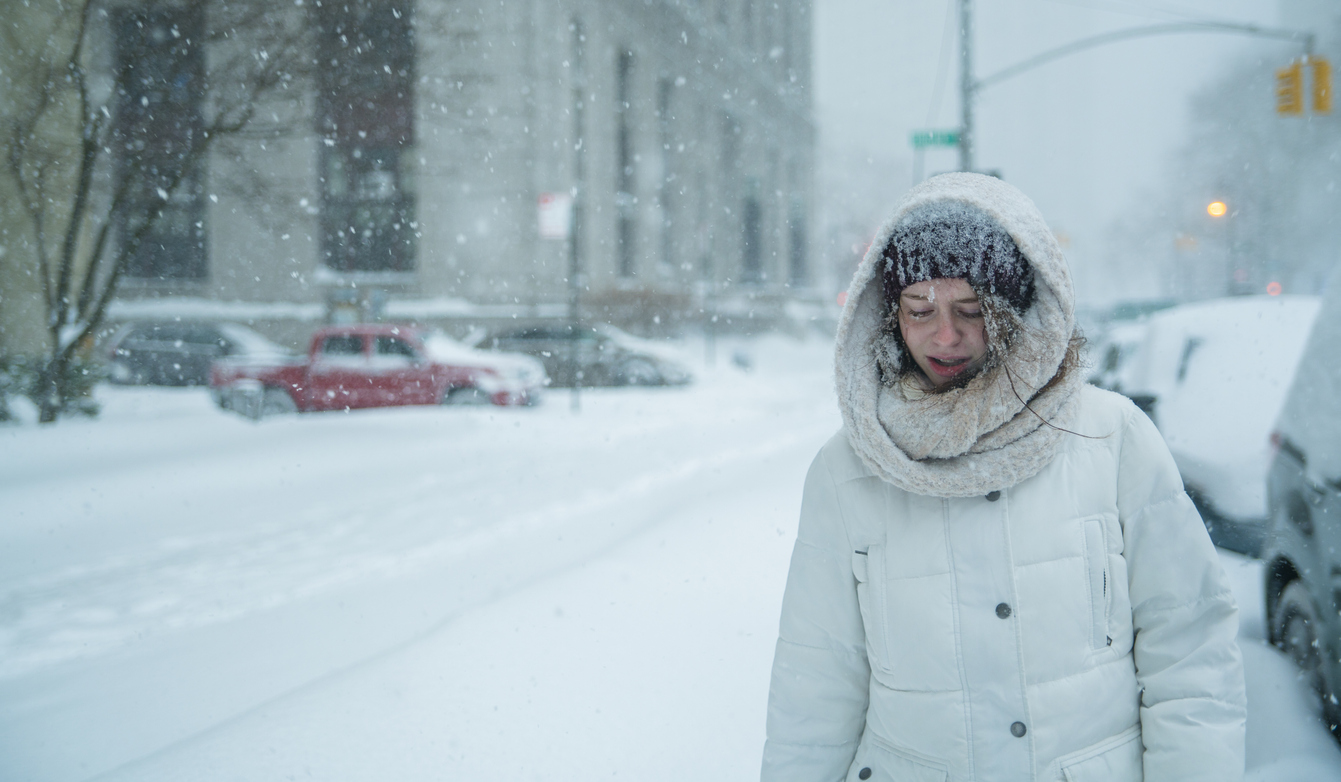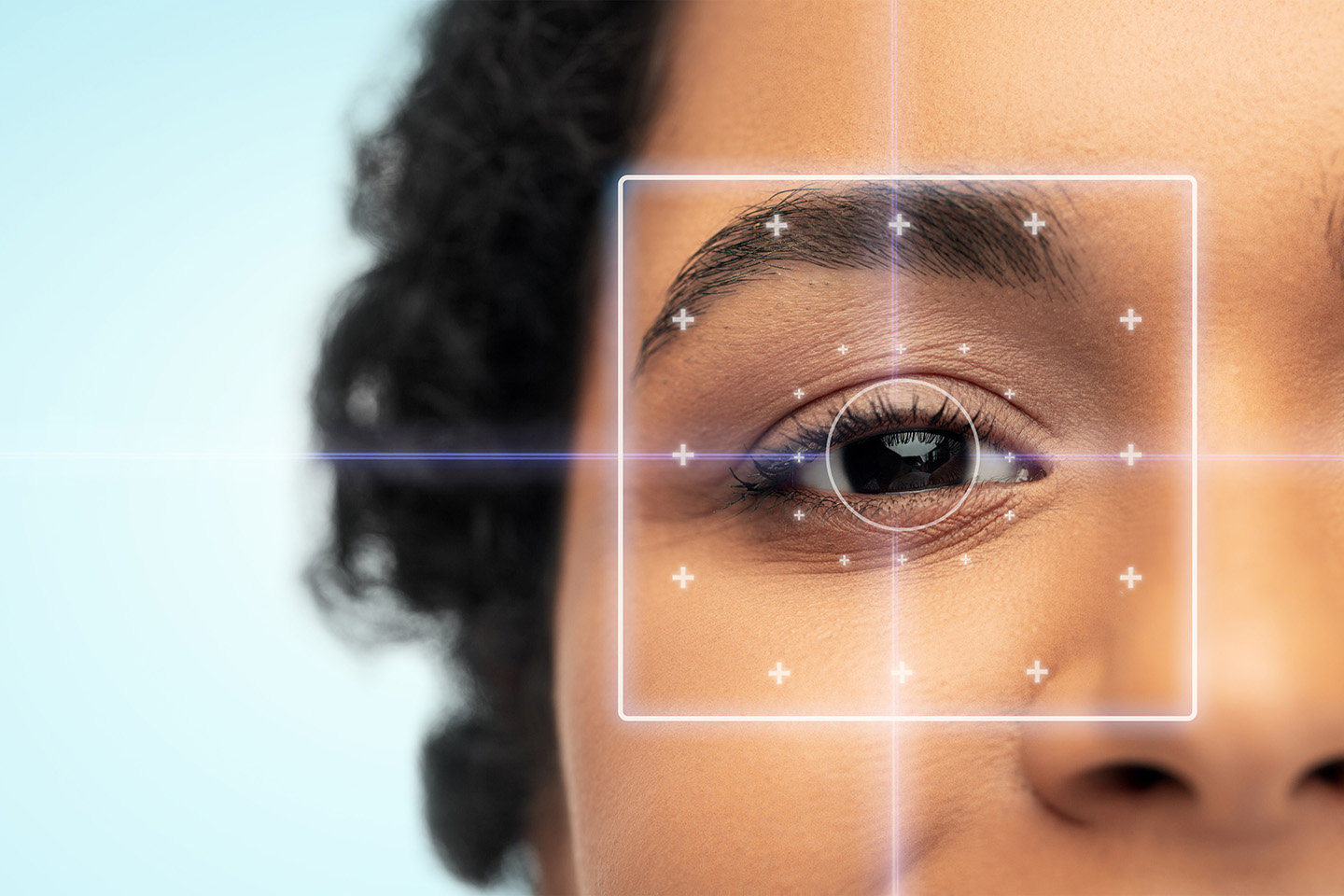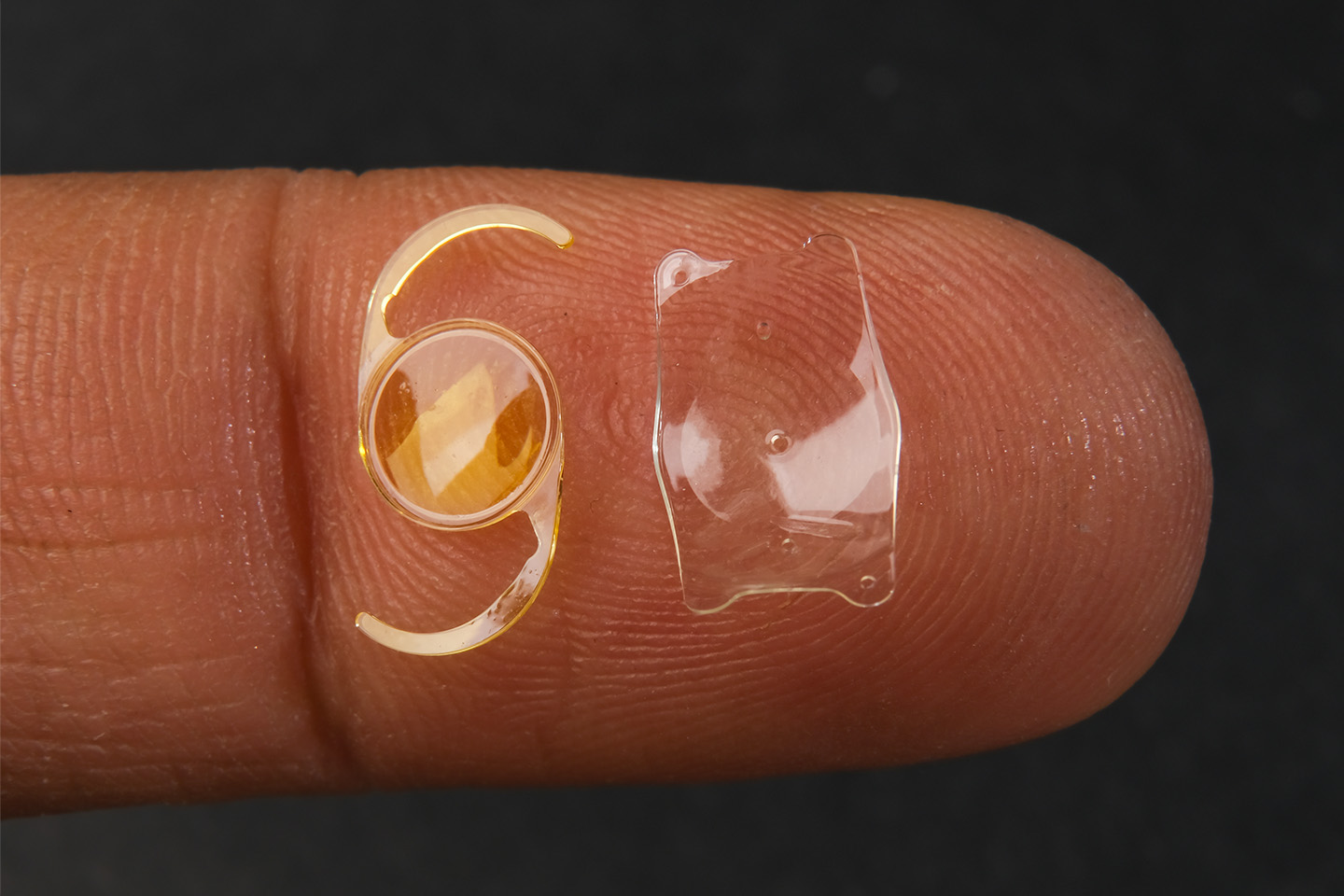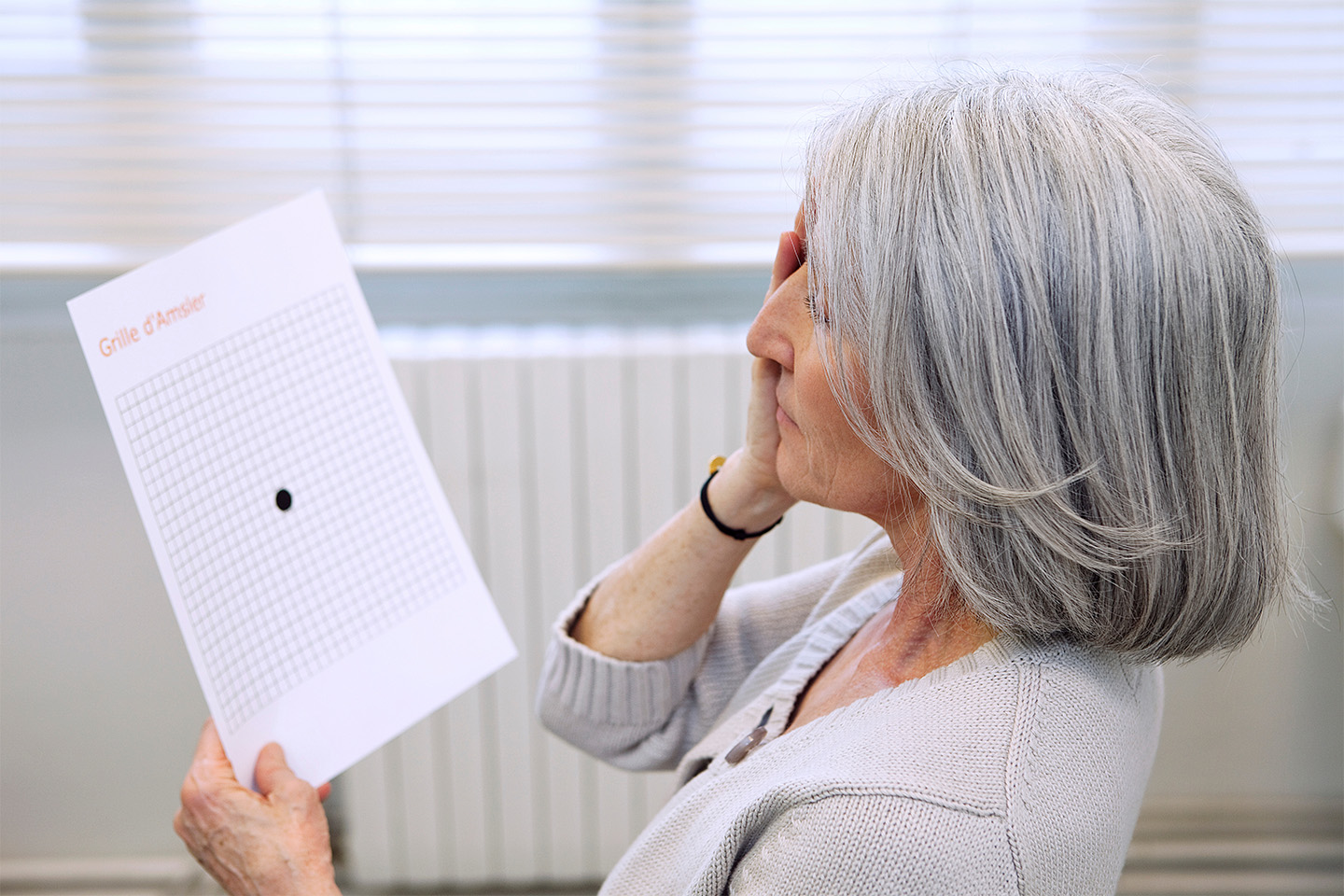How Cold Winter Weather Impacts Your Eyes

Cold winter weather can damage your eyes if you don’t take the proper precautions. Here’s how to keep your eyes healthy.
When you’ve had to brave cold winter weather, you’ve probably taken some precautions to protect the most sensitive parts of your body: gloves for your hands, a hat for your ears, and boots for your toes. Just like these extremities, our eyes are also sensitive to the cold. Without protective measures, cold weather can dry out our eyes, and even cause vision problems. Luckily, we have some tips for beating winter dry eyes. Just as you know that your fingers should be protected from the cold, you should also know how to protect your eyes from the icy elements.
In the winter, your eyes can become too dry, too cold, or both. Although your body provides natural defenses to protect your eyes from exterior damage — mechanisms like eyelids, eyelashes, and tears — the weather can still take its toll on your eye health if you’re not careful.
Cold Weather and Your Eyes
Let’s take a look at some common eye conditions that can result from cold weather, and how to prevent them.
- Dry Eyes. Wintertime regularly exposes us to low-humidity air outdoors, as well as heated air indoors. Just as dry air can damage your skin, it can remove necessary moisture from your eyes, too. Symptoms of wintertime dry eye include itchy, red, or irritated eyes that become more pronounced in colder temperatures. To treat seasonal dry eye, you can operate an indoor humidifier, drink water to stay hydrated, and use artificial tears.
- Excessive Tearing. Cold air — especially if it’s windy — often leads to excessive tearing. Your eyes may be overproducing tears to protect your cornea from the cold air, or to lubricate your eyes in biting wind. People who experience excessive tearing in the winter may suffer from blurry vision as a result. To treat excessive tearing, make sure to wear sunglasses or goggles when spending time outdoors. If tearing persists after you return indoors, your eyes may be suffering from seasonal allergies instead of cold weather irritation.
- Corneal Freeze. A long winter hike in cold mountain winds can actually freeze your cornea, which is naturally cooler than your ambient body temperature. The cornea’s cool, watery surface, combined with direct exposure to the elements, means that it can freeze more quickly than other parts of your body. You may experience blurry vision or even vision loss with a corneal freeze. Fortunately, however, a corneal freeze can be rapidly reversed in most cases by returning to a warmer environment. You may also need to rehydrate your eyes with artificial tears.
- Snow Blindness (Photokeratitis). Snow blindness, also known as photokeratitis, is a painful condition caused by overexposure to ultraviolet rays reflected from snow. Excess ultraviolet contact can irritate the nerves in your cornea, leading to light sensitivity and a burning sensation. If you’re spending a significant amount of time in the snow, make sure to take necessary precautions against photokeratitis, such as wearing snow goggles. To treat snow blindness, remove any contact lenses, avoid looking at reflective surfaces, and use gentle pain relief methods like a cold compress or an over-the-counter anti-inflammatory.
Should I See an Eye Doctor?
Most of the time, cold weather eye conditions can be easily prevented, and they can be just as easily treated with in-home remedies. If your eye problems persist, make sure to visit an eye doctor as soon as possible.
To consult an experienced eye doctor in the Denver Metro area, visit one of ICON Eye Care’s patient-centered clinics. At our five convenient locations, we can help eliminate uncomfortable symptoms and improve your eye health in no time.









